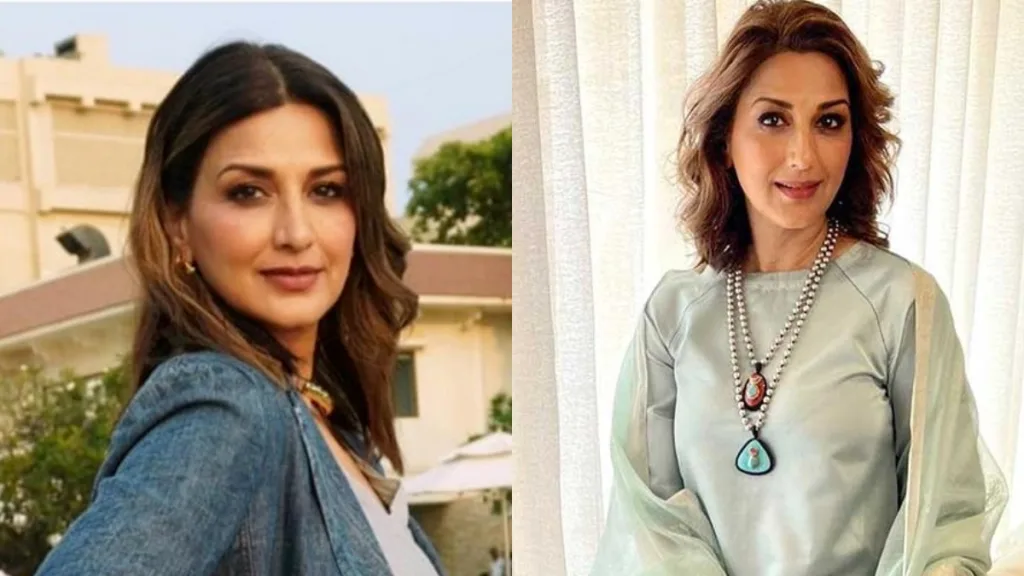Sonali Bendre, who survived stage 4 metastatic cancer in 2018 and was declared cancer-free in 2021, is defending her remarks about naturopathy, specifically her belief that autophagy helped her recovery, after receiving a wave of criticism from medical professionals.
Her post had clearly credited a naturopath who introduced her to autophagy, a process where cells break down and recycle their own components. But doctors weren’t pleased, prominent among them was hepatologist Cyriac Abby Philips, known as “The Liver Doc” on social media. He lashed out, calling the practice “quackery” and warning against promoting unproven therapies as cancer treatments.
In response, Sonali posted a heartfelt clarification: “I have never claimed to be a doctor, but I am certainly not a quack either. I am a cancer survivor, someone who has lived through the fear, pain, uncertainty, and rebuilding that the disease brings.” She emphasized that she shared her experiences and learning, not medical advice: “Everything I’ve ever spoken about has been my experience … one of the many protocols I personally explored, after thorough research and medical guidance, was autophagy. It made a difference for me … for me.”
Sonali added that respectful, open dialogue matters most. “We don’t all have to agree,” she wrote, “but we should avoid dismissing one another simply because we lean toward different approaches … Each person must choose what feels right, safe, and empowering for them.” She was clear she was sharing her journey, not writing a prescription.
Her critics, however, have focused on what they see as a dangerous message. The Liver Doc pointed out that her remission happened following conventional medical treatment, chemotherapy, radiation, and surgery, in a top cancer hospital. He argued that attributing recovery to autophagy or naturopathy could mislead others to delay proven, evidence-based treatments. Philips also warned that some cancer patients fall prey to financially exploitative naturopathy practices when offered false hope.
At the heart of this controversy lies a tension between personal experience and scientific evidence. Sonali’s defenders argue she’s simply sharing her lived reality as a survivor. Opponents worry that public figures like her wield too much influence, and that sharing subjective results without scientific support can fuel misinformation.
Her plea for mutual respect is not trivial. In a world where patients often feel vulnerable, her message underscores the importance of patient agency: she says she found something that worked for her, but she didn’t ask others to follow blindly. Whether her words will spark healthy conversation, or contribute to dangerous misunderstanding, is now the center of a significant and necessary debate.

